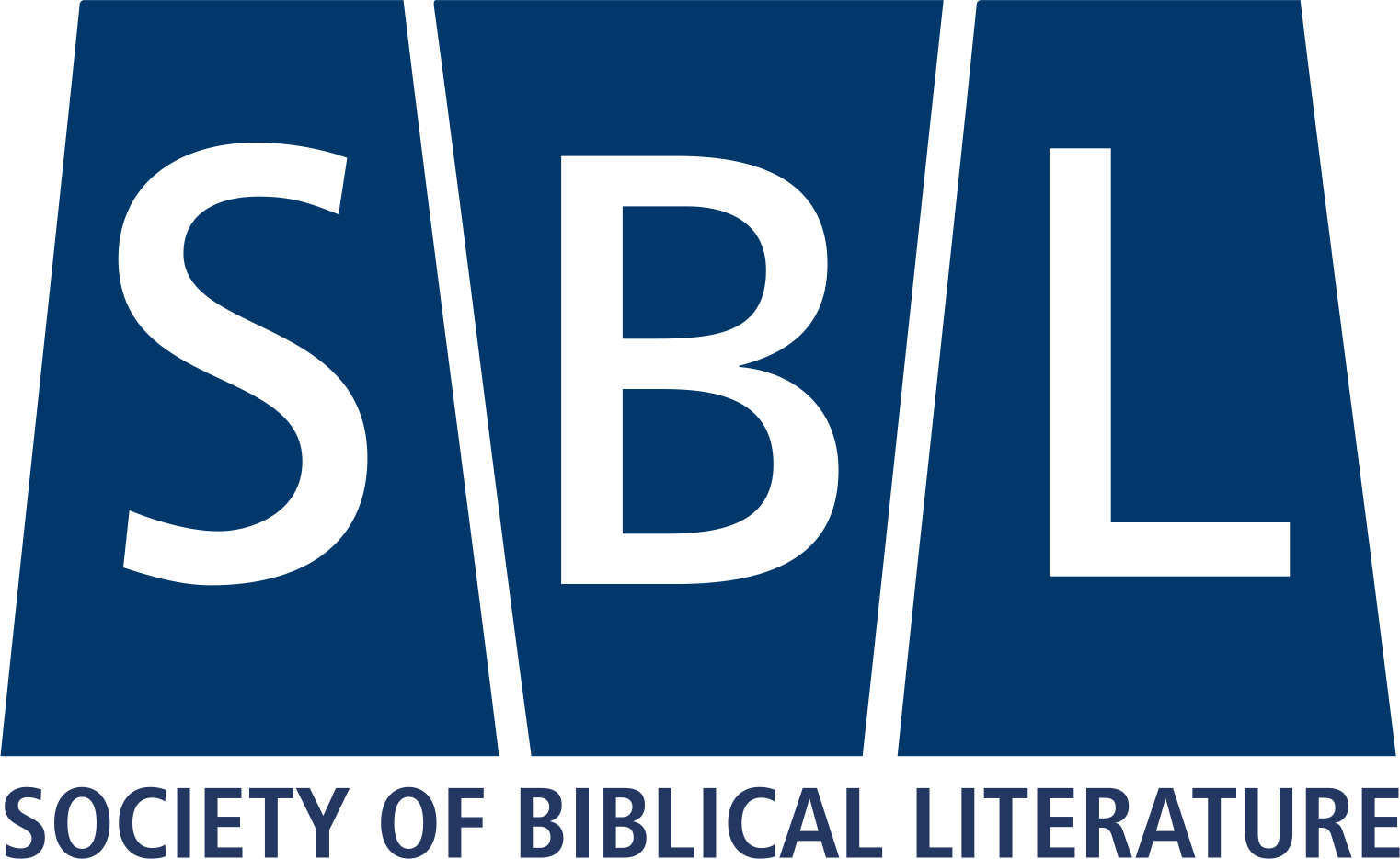$42.00
Literacy is essentially about the control of information, memory, and belief, and with colonialism in Southern Africa came the Bible and text-based literacy monitored by missionaries and colonial authorities. Old and new oral traditions, however, are beyond the control of empire and often carry the resistance, hopes, and dreams of colonized people. The essays in this volume, edited by Jonathan A. Draper, recover aspects of Southern Africa’s rich oral tradition. The authors, from disciplines such as anthropology, African literature, and biblical studies, delineate some of the contours of the indigenous knowledge systems which sustained resistance to colonialism and today provide resources for postapartheid society in Southern Africa.
Jonathan A. Draper is Professor of New Testament, School of Theology, at University of Natal, South Africa.
This book is available in Africa through
Script, Subjugation, and Subversion: An Introduction
—Jonathan A. Draper
Fighting with the Pen: The Appropriation of the Press by Early Xhosa Writers
—Jeff Opland
From the Bible as Bola to Biblical Interpretation as Marabi: Tlhaping Transactions with the Bible
—Gerald West
The Closed Text and the Heavenly Telephone: The Role of the Bricoleur in Oral Mediation of Sacred Text in the Case of George Khambule and the Gospel of John
—Jonathan A. Draper
Making the Book, Performing the Words of Izihlabelelo zamaNazaretha
—Carol Muller
The Land and the Word: Missions, African Christians, and the Claiming of Land in South Africa
—Deborah James and Geoffrey Maphahla Nkadimeng
Frozen Assets? Orality and the Public Space in KZN: Izibongo and Isicathamiya
—Liz Gunner
“Where Shall I Wonder under the Thunder Who’s that Black Boys Making that Black Noise Step a Little Closer to the Mic”: Prophets of da City and Urban (South African) Identity
—Duncan Brown
Translation and the Vernacular Bible in the Debate between My “Traditional” and Academic Worldviews
—Maarman Sam Tshehla
Listening Again: Finding Ways to Host the TRC’s Oral, Auto/Biographical Space
—Ashlee Lenta
Oral History in a Wounded Country
—Philippe Denis
Becoming Ngaka: Coming to Terms with Oral Narrative Discourses
—Mogomme Alpheus Masoga
Commentary
—Terence Ranger
“The essays offer a fascinating insight into the plurality of responses among ordinary South Africans to the post-apartheid situation.”
— A. Leslie Milton, Expository Times
